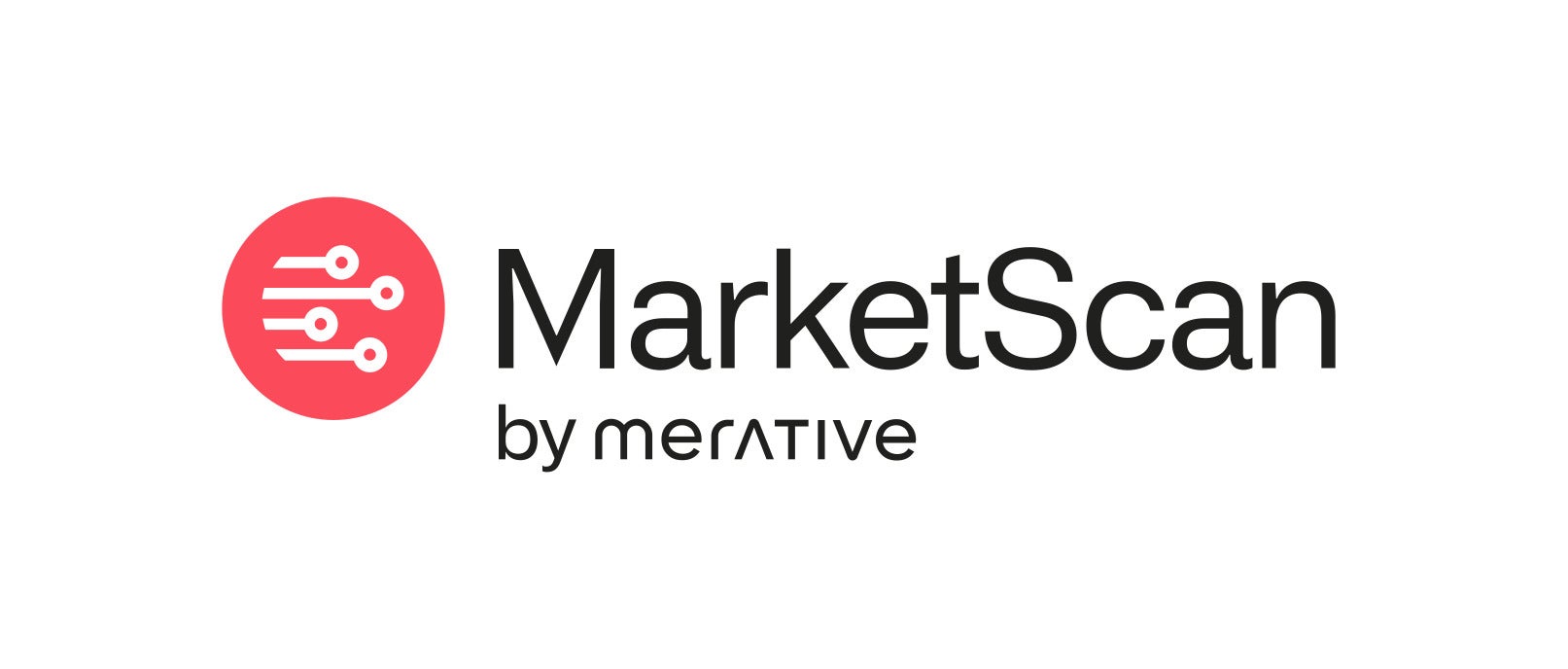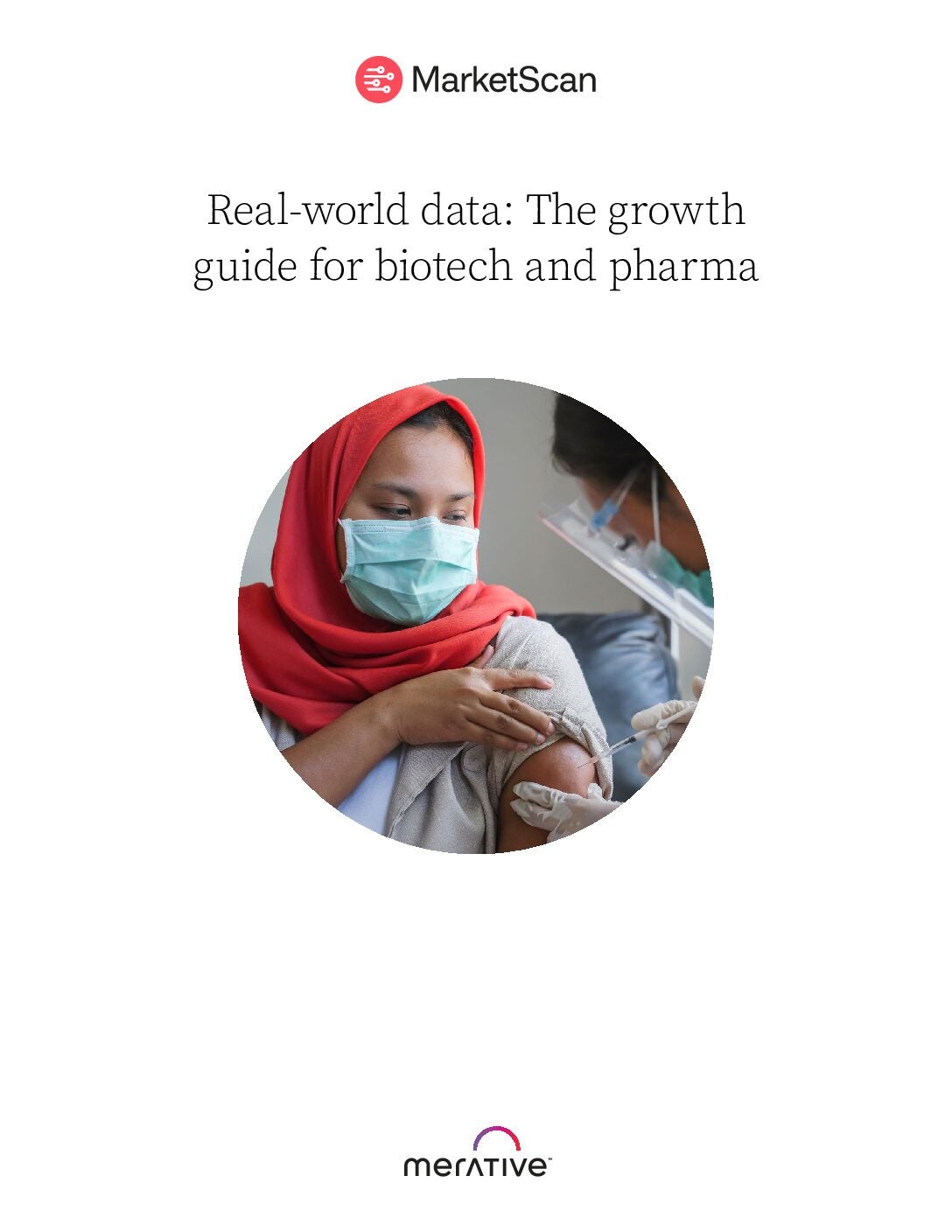
Vaccines are one of the most powerful tools in global health, credited with preventing millions of deaths each year. Vaccines train the immune system to recognize and fight specific pathogens, preventing illness before it occurs. Routine immunizations have drastically reduced many once-common diseases. For example, global vaccination campaigns have driven polio cases down by more than 99% since 1988, from 350,000 annual cases to six cases in 2021[i].
However, despite these successes, vaccination efforts in the US face increasing amounts of hurdles. Public trust in vaccines has been eroding amid misinformation on social media, leading to increased hesitancy. Simultaneously, many communities encounter persistent barriers in accessing vaccines, from healthcare shortages in rural areas to cost and transportation challenges.
Real-world data (RWD) is an asset for vaccine research, safety monitoring, and education efforts, and is essential toward overcoming declining vaccination rates. RWD encompasses health-related data collected outside of controlled clinical trials, including electronic health records, insurance claims, public health surveillance, patient registries, or wearable devices.
Trends in vaccination rates and addressing barriers
In the US, routine pediatric vaccine coverage has fallen. For example, the national measles, mumps, and rubella (MMR) vaccination rate among kindergarteners fell from approximately 95% (the threshold needed for community immunity) before the COVID-19 pandemic to 92.5% in the 2024–2025 school year[ii]. As a result, the US experienced more measles cases in the first half of 2025 than any year since 1992.
Understanding the barriers to vaccine uptake is essential for developing targeted interventions. Lower-income families may lack paid time off or transportation to attend immunization appointments, and uninsured adults can face out-of-pocket costs. Geographic and logistical factors are other issues that may limit vaccine access for many. Communities with few healthcare providers or clinics, particularly in rural or underserved urban areas, make it difficult for residents to receive vaccines.
Medical distrust, low perceived risk of disease, and misinformation all contribute to vaccine hesitancy. In the US, public confidence in childhood vaccines has declined markedly in recent years. Surveys show that the share of parents who believe vaccines are “very important” for their children fell from 94% in 2001 to just 69% in 2024[iii].
This erosion of confidence is driven largely by misinformation – such as a discredited 1998 study that linked the MMR vaccine with autism[iv]. Even though the paper was fully retracted, it continues to fuel vaccine distrust to this day. Combating this perception requires education and transparent communication from health officials to dispel myths and share clear evidence that vaccines are rigorously tested, monitored, and overwhelmingly safe.
Engaging communities to build trust is a critical strategy. The Centers for Disease Control and Prevention (CDC) has launched initiatives such as the Partnering for Vaccine Equity program to fund community-based efforts in minority populations.
Leveraging real-world data (RWD) for vaccines
One of the most powerful uses of RWD is in assessing vaccine safety and effectiveness. During the COVID-19 pandemic, pharmaceutical researchers established a rapid analytics framework using large insurance claims databases to continuously monitor for potential side effects as vaccinations were administered.
RWD-driven surveillance has recently quickly identified a small increased risk of Guillain-Barré Syndrome following the Janssen COVID-19 vaccine, which led to updated warnings and informed decision-making by health authorities[v].
RWD is also leveraged to evaluate vaccine effectiveness and outcomes across diverse groups. Clinical trials demonstrate efficacy in controlled settings, but real-world studies can confirm that vaccines work across more heterogeneous populations and often reveal outcomes not captured in trials. For example, a real-world claims data study of the recombinant shingles vaccine (RZV) found that two doses of RZV were highly effective at preventing the condition and its complications in adults over 50 with rheumatoid arthritis[vi], a population often excluded from initial trials due to immune system concerns.
Public health agencies can also analyze immunization data to identify areas of low vaccine coverage or rising disease incidence, enabling targeted interventions. Organizations such as the WHO and UNICEF rely on RWD to monitor progress toward immunization goals and allocate resources. For example, detecting a decline in routine vaccinations during COVID-19 led to catch-up initiatives in more than 100 countries.
MarketScan data and services: Evidence-based insights
To fully harness real-world data for vaccine outreach and education, healthcare organizations partner with experts who provide data analytics and insights.
One such resource is MarketScan®, a Truven data solution. MarketScan is a premium portfolio of healthcare datasets, analytic tools, and consulting services designed to support robust real-world evidence generation.
The platform contains de-identified claims data from more than 350 million patient lives, drawn from a combination of employer-based insurance plans, Medicare/Medicaid, and other sources. This wealth of longitudinal data, which captures diagnoses, procedures, pharmacy records, and costs, allows researchers to analyze health outcomes and treatment patterns at a scale that would be impossible through traditional studies alone.
MarketScan also provides intuitive applications to securely query and analyze the data, along with a team of epidemiologists, biostatisticians, and health economists to support clients’ research needs. For healthcare organizations or public health departments aiming to improve vaccine outreach, this means they can quickly generate evidence-based insights.
The platform’s experts can help design regulatory-grade studies using RWD, which is increasingly important as regulators and payers seek evidence of vaccine performance and value in everyday care. In fact, more than 4,500 peer-reviewed publications have relied on MarketScan data for research on health outcomes and economic evaluations.
MarketScan has become an enabler for clinical trials and post-market studies related to vaccines. By linking real-world outcomes to clinical trial populations, MarketScan can help demonstrate how a vaccine performs once it’s rolled out into general populations and away from clinical facilities.
To learn more about the solutions enabled by MarketScan, download the document below.
[i] https://www.who.int/health-topics/poliomyelitis
[ii] https://www.kff.org/medicaid/kindergarten-routine-vaccination-rates-continue-to-decline/
[iii] https://www.americanprogress.org/article/childhood-vaccination-has-saved-millions-of-lives-but-rising-hesitancy-could-reverse-decades-of-progress/
[iv] https://www.bmj.com/content/342/bmj.c7452
[v] https://pmc.ncbi.nlm.nih.gov/articles/PMC9044108/
[vi] https://www.sciencedirect.com/science/article/pii/S0003496725001992



